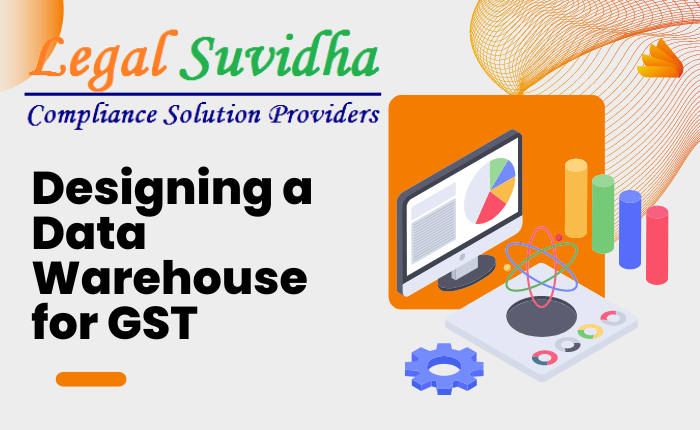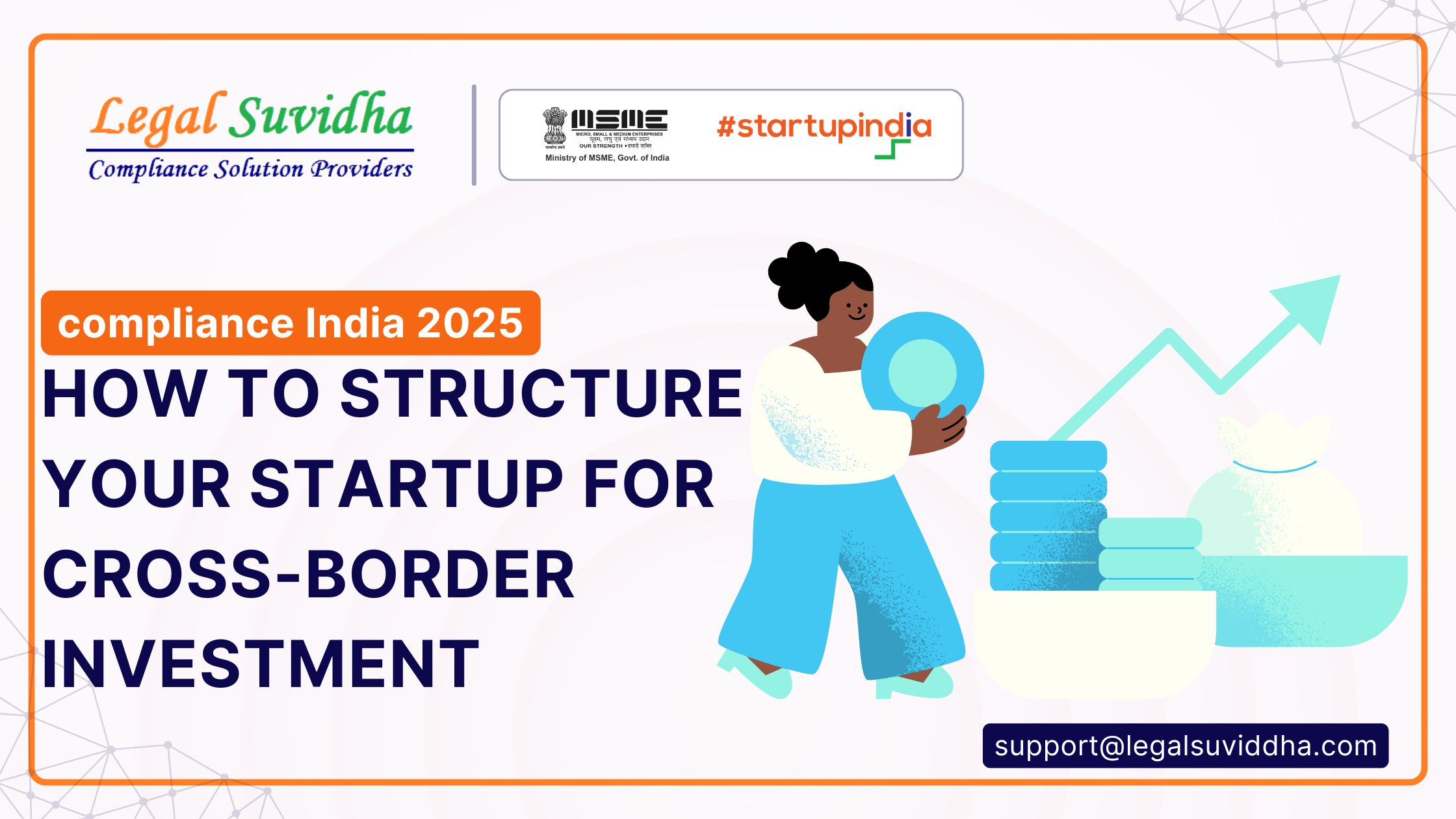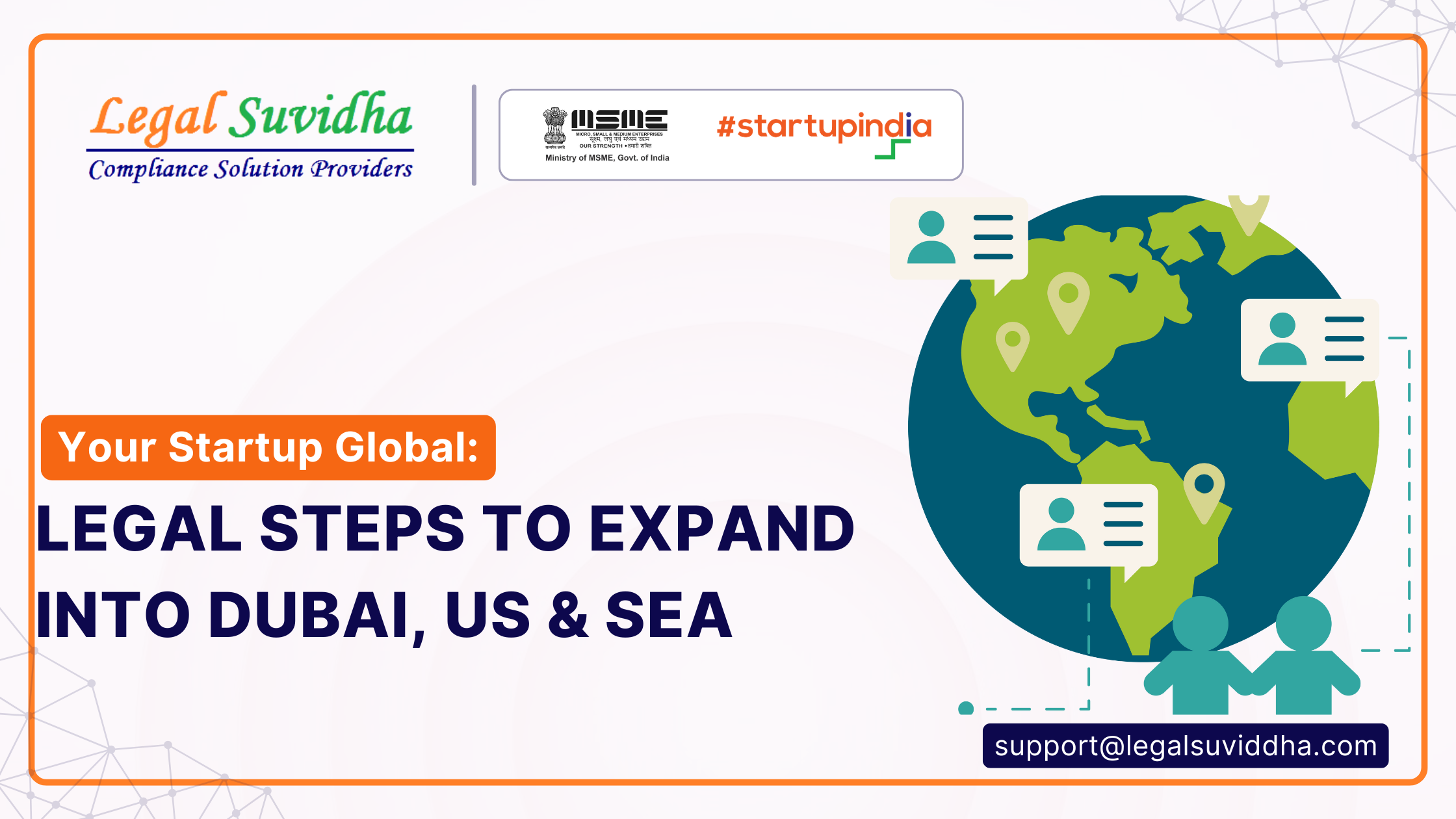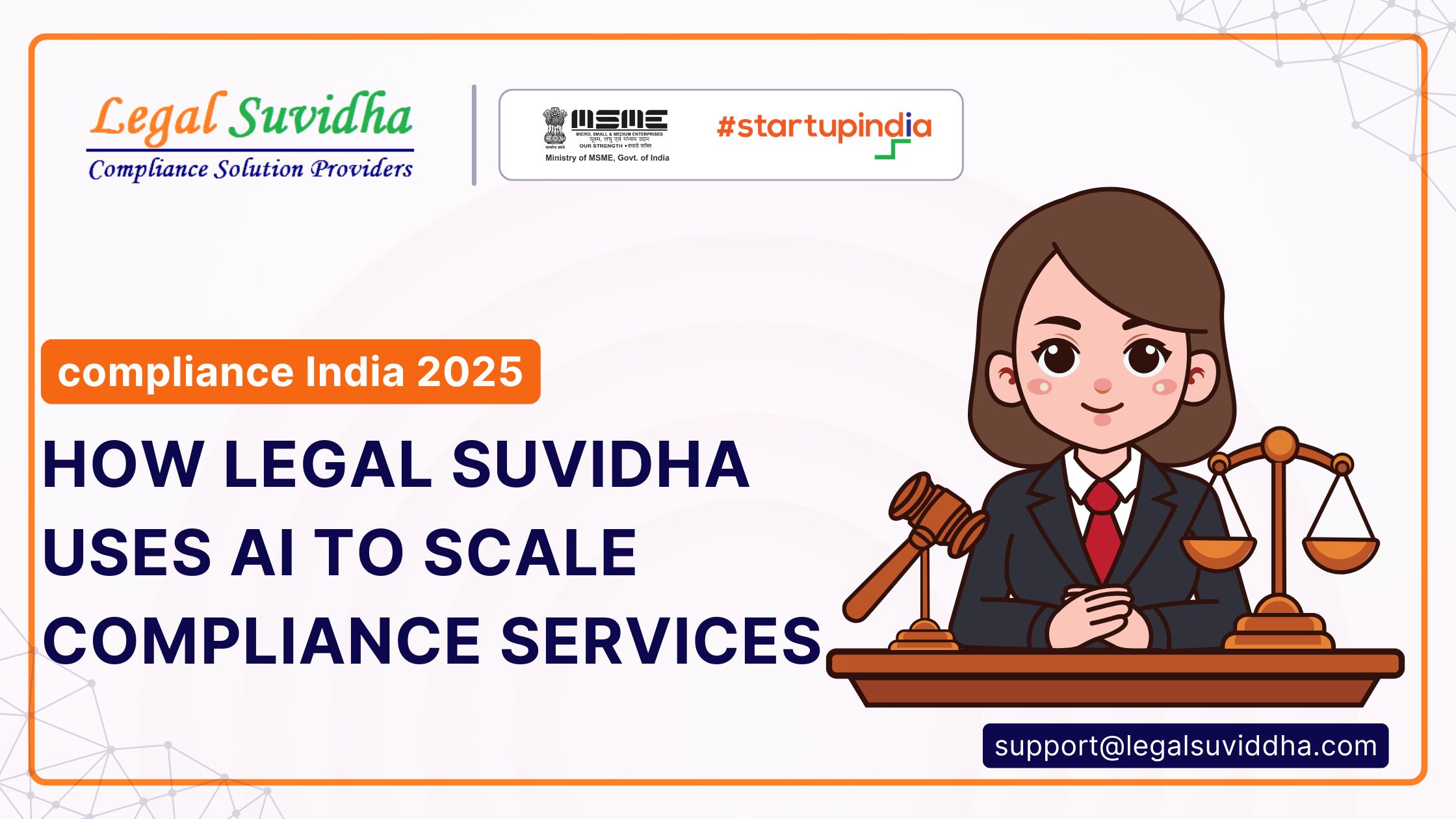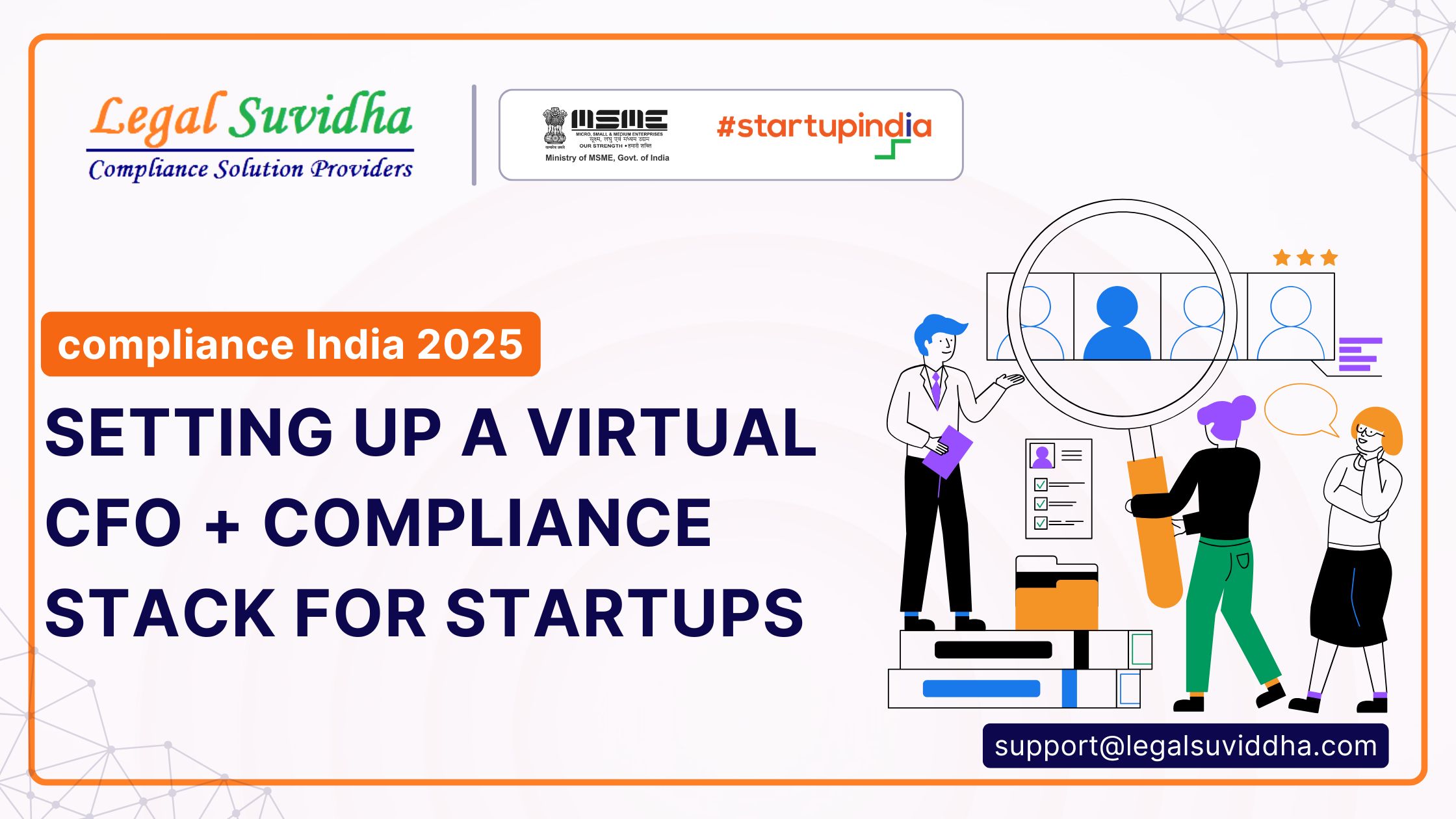With the introduction of Goods and Services Tax (GST) e-invoicing in India, businesses are required to adapt to a new system of generating and reporting invoices. As a result, it becomes crucial to design an efficient data warehouse that can handle the volume and complexity of GST data. In this blog post, we will explore the key considerations and steps involved in designing a data warehouse specifically for GST e-invoicing in India.
Data Warehouse Architecture and Infrastructure:
The foundation of a successful data warehouse lies in its architecture and infrastructure. When designing a data warehouse for GST e-invoicing, it is essential to consider the following components:
1. Data Sources: Identify the relevant data sources that will provide the GST-related information. These sources may include ERP systems, accounting software, e-invoicing portals, and other relevant systems used by the organization.
2. Data Integration: Establish a robust data integration process to extract data from various sources and consolidate it in a central repository. This process should ensure data quality, integrity, and consistency throughout the data warehouse.
3. Scalability and Performance: Design the data warehouse to handle the increasing volume of GST data over time. Consider implementing scalable infrastructure, such as cloud-based solutions, to accommodate the growing data needs and ensure optimal performance.
4. Security and Compliance: Implement appropriate security measures to safeguard the sensitive GST data stored in the warehouse. Comply with relevant data protection and privacy regulations, ensuring that access controls and encryption mechanisms are in place.
Data Collection and Extraction Methods for GST Data:
To populate the data warehouse with GST-related information, organizations need to employ effective data collection and extraction methods. Consider the following approaches:
1. Direct Integration: Establish direct connections with GSTN (Goods and Services Tax Network) and e-invoicing portals to extract the required data. This method ensures real-time data availability and reduces latency.
2. API Integration: Utilize APIs provided by GSTN and e-invoicing portals to fetch data in a structured format. This approach allows for automated data retrieval and simplifies the integration process.
3. Data Import: For data sources that do not support direct integration or APIs, consider importing the data in standardized formats like CSV or XML. Develop appropriate data import routines to automate the process and ensure data accuracy.
Data Transformation and Cleansing Techniques:
Once the GST data is collected, it often requires transformation and cleansing to ensure its accuracy and consistency. Employ the following techniques:
1. Data Mapping: Map the incoming data fields to the appropriate data warehouse schema. This step helps align the source data with the target structure, ensuring consistency during the loading process.
2. Data Validation: Implement data validation rules to identify and rectify data quality issues. Validate GSTIN (Goods and Services Tax Identification Number), invoice numbers, tax amounts, and other relevant fields to maintain data integrity.
3. Data Cleansing: Apply data cleansing techniques to handle missing or erroneous data. Remove duplicate entries, resolve inconsistencies, and standardize data formats to improve the overall data quality.
Data Storage and Organization in the Data Warehouse:
The final step in designing a data warehouse for GST e-invoicing is to establish an efficient storage and organization strategy:
1. Dimensional Modeling: Utilize dimensional modeling techniques such as star schema or snowflake schema to organize GST data into fact and dimension tables. This approach simplifies querying and analysis.
2. Indexing and Partitioning: Implement appropriate indexing and partitioning strategies to optimize query performance. Partition of the data based on time periods or other relevant dimensions to enhance data retrieval speed.
3. Metadata Management: Develop a robust metadata management framework to document and track the GST data attributes, transformations, and relationships within the warehouse. This aids in data governance and improves the understanding of data lineage.
Integration of External Data Sources with GST Data Warehouse
To integrate external data sources with a GST (Goods and Services Tax) data warehouse, you can follow these general steps:
1. Identify the External Data Sources: Determine the external data sources that you want to integrate with your GST data warehouse. These sources could include third-party applications, partner systems, financial systems, or any other relevant data sources.
2. Understand Data Requirements: Analyze the data requirements for integration. Determine the specific data elements that need to be extracted from external sources and the format in which the data should be provided. Identify any transformations or mappings required to align the data with the structure of the GST data warehouse.
3. Data Extraction: Develop a process for extracting data from external sources. This can be done using various methods such as APIs (Application Programming Interfaces), file transfers, database connections, or data integration tools. Ensure that the extraction process is secure, efficient, and reliable.
4. Data Transformation: Once the data is extracted, perform any necessary transformations to make it compatible with the data model of the GST data warehouse. This may involve data cleansing, standardization, normalization, or aggregation, depending on the specific requirements of your data warehouse.
5. Data Loading: Load the transformed data into the GST data warehouse. This can be accomplished through an ETL (Extract, Transform, Load) process, where the data is loaded into the appropriate tables or data structures within the warehouse. Ensure that the data loading process maintains data integrity and consistency.
6. Data Synchronization: Establish a mechanism for regular data synchronization between the external data sources and the GST data warehouse. This can be achieved through scheduled data updates or real-time data integration, depending on the frequency and criticality of the data.
7. Data Quality and Governance: Implement data quality checks and governance processes to ensure the accuracy, completeness, and consistency of the integrated data. Establish data validation rules, monitor data quality metrics, and resolve any data discrepancies or issues promptly.
8. Security and Access Control: Maintain proper security measures to protect the integrated data. Implement access controls, encryption, and authentication mechanisms to safeguard the data from unauthorized access or breaches.
9. Monitoring and Maintenance: Continuously monitor the integration process and the performance of the integrated data. Set up alerts and notifications to identify any failures, delays, or anomalies in the data integration. Regularly maintain and update the integration components as needed.
10. Documentation: Document the integration process, including the data sources, extraction methods, transformations, and loading procedures. This documentation will serve as a reference for future maintenance, troubleshooting, and enhancements.
By following these steps, you can successfully integrate external data sources with your GST data warehouse, enabling you to leverage additional data for analysis, reporting, and decision-making purposes.
If You have any queries then connect with us at [email protected] or [email protected] & contact us & stay updated with our latest blogs & articles

